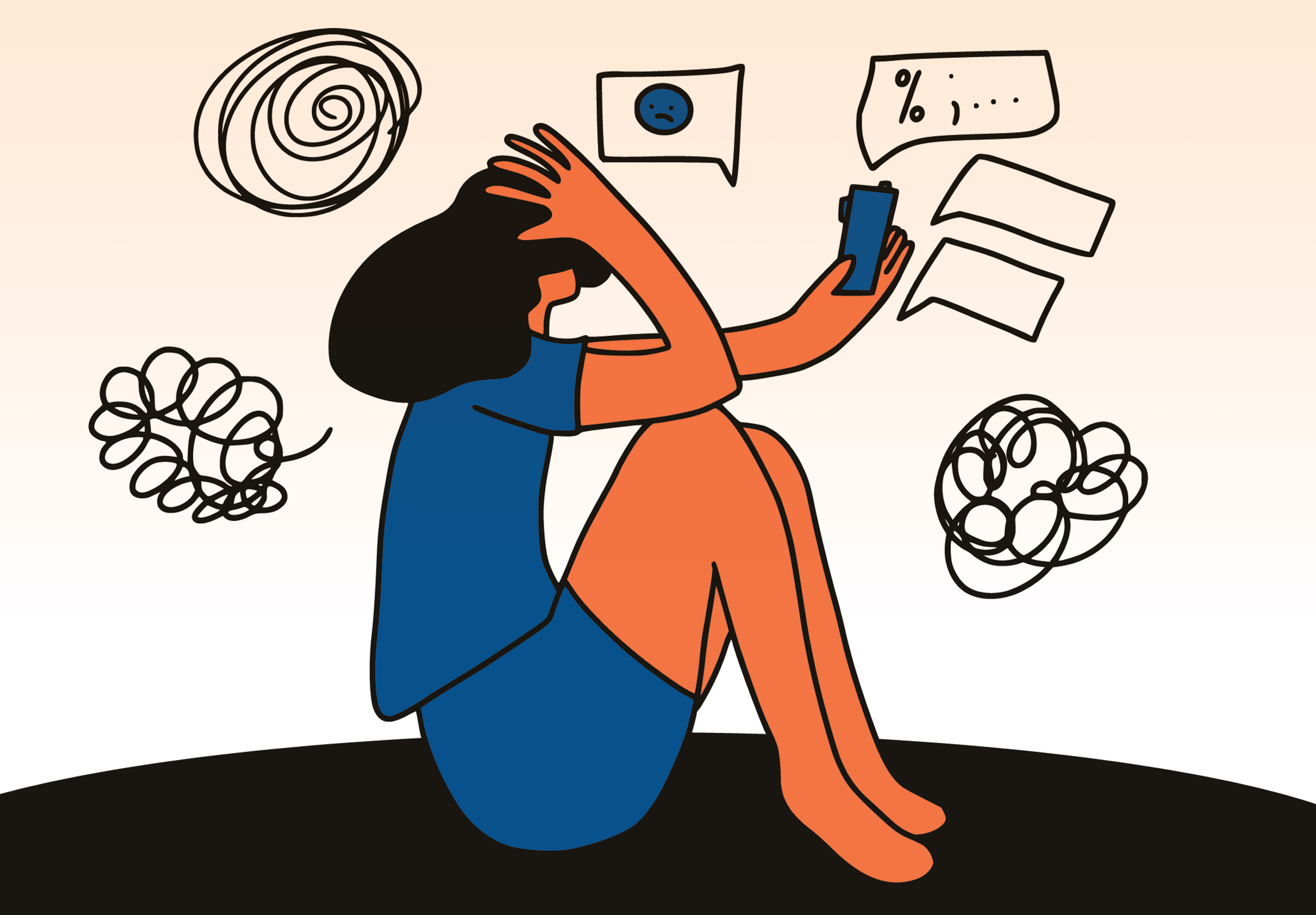
It’s no secret that we are exposed to massive amounts of content every day. With social media, the news, tv, and movies, we are loaded up each day with tons of information and images. Sometimes this can be a great thing and we can use this information to make better choices about our lives but sometimes this content overload can be a problem for our mental health.
The news especially can become distressing and damaging to your mental health. According to a recent article in The American Psychological Association Journal, watching a lot of news programming, especially in times of crisis like our current global pandemic, can set off our “fight-or-flight” instincts and this happening over and over again can cause problems in our emotional lives.
What is “fight-or-flight”? Also known as an acute stress response, fight-or-flight is the reaction our bodies have when faced with something mentally or emotionally terrifying. When this response is triggered, hormones are suddenly released that set off a chain reaction in our bodies that can include rapid heart rate, high blood pressure, and fast breathing. According to the Mayo Clinic, having the fight-or-flight response always turned on by stressors can lead to anxiety, depression, headaches, digestive problems and more.
Social media is another source that can be either helpful or hurtful. We often start following people because they generate great content or have a good sense of style. But we don’t realize how much that can lower our self-esteem. Comparison is the thief of joy, and often that is just what we are doing when we religiously follow people we don't know. Social media is designed to be addictive so it becomes a slippery slope of taking in lots of damaging content.
The good news is that you have some control over what content (and how much) you take in and how social media affects you. In fact, Harvard School of Public Health says that as long as we are mindful when using social media routinely, it could benefit us. Since mindfulness is the key, here are some ways to do a content check-in to make sure what you scroll through every day is serving your mental wellness.
- Ask yourself “Is this account helping or hurting my mental health?” If the answer is hurting, unfollow that account.
- The same strategy can apply to watching movies and watching tv shows. If the story is upsetting to you there is no reason you have to keep watching, change the channel.
- Limit the amount of news programming that you watch. Choose a couple of trustworthy news sources and stick with them.
- Use an app to limit your screen time to help you unplug more from the constant scrolling.
- Disable notifications, even just for a short time.
- Find content that helps you relax and destress like reading a book or listening to music.
- If you find you’re still overwhelmed, or having feelings of anxiety or depression, reach out to a trusted adult that can help you seek professional help.
Have other suggestions for managing our content exposure? Let us know in the comments!
Resources
https://www.hsph.harvard.edu/news/features/social-media-positive-mental-health/
https://www.verywellmind.com/what-is-the-fight-or-flight-response-2795194
https://www.mayoclinic.org/healthy-lifestyle/stress-management/in-depth/stress/art-20046037
https://mywellbeing.com/therapy-101/how-media-affects-mental-health
Categories: Self-Care Resources

